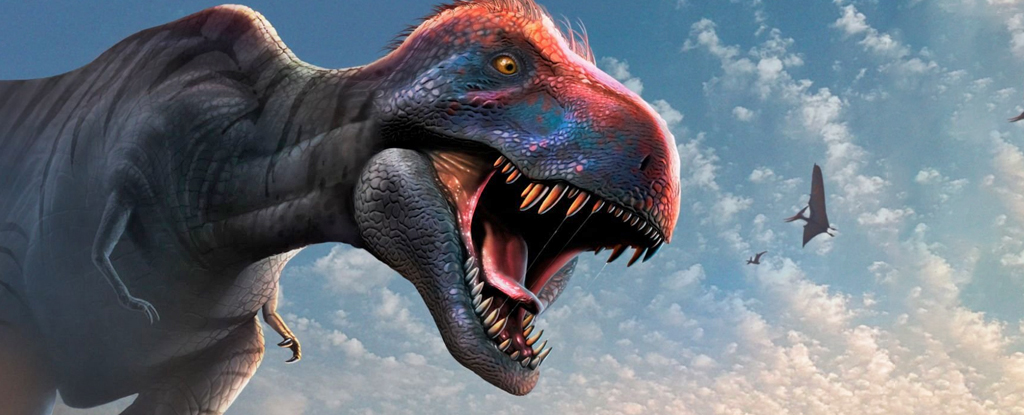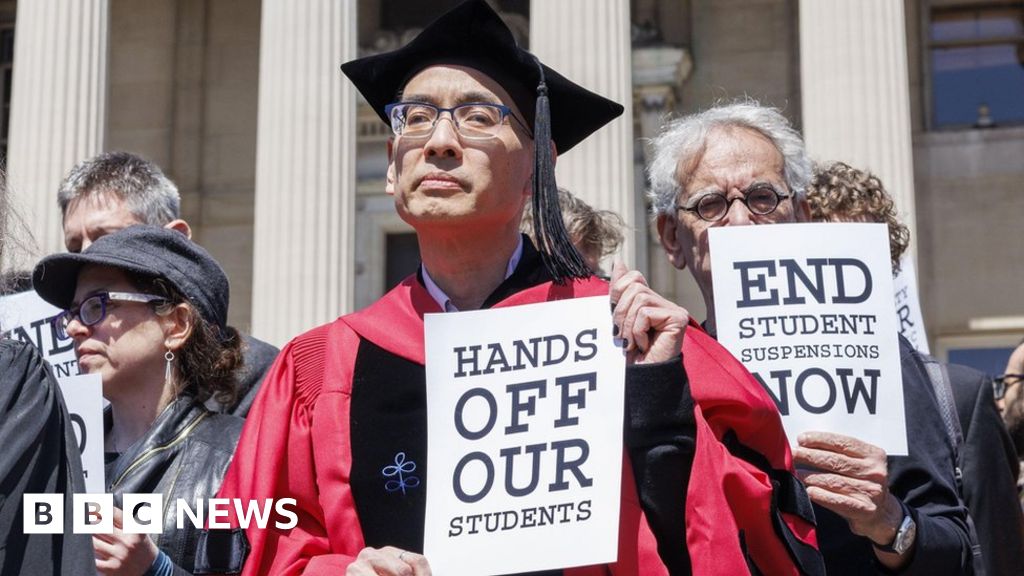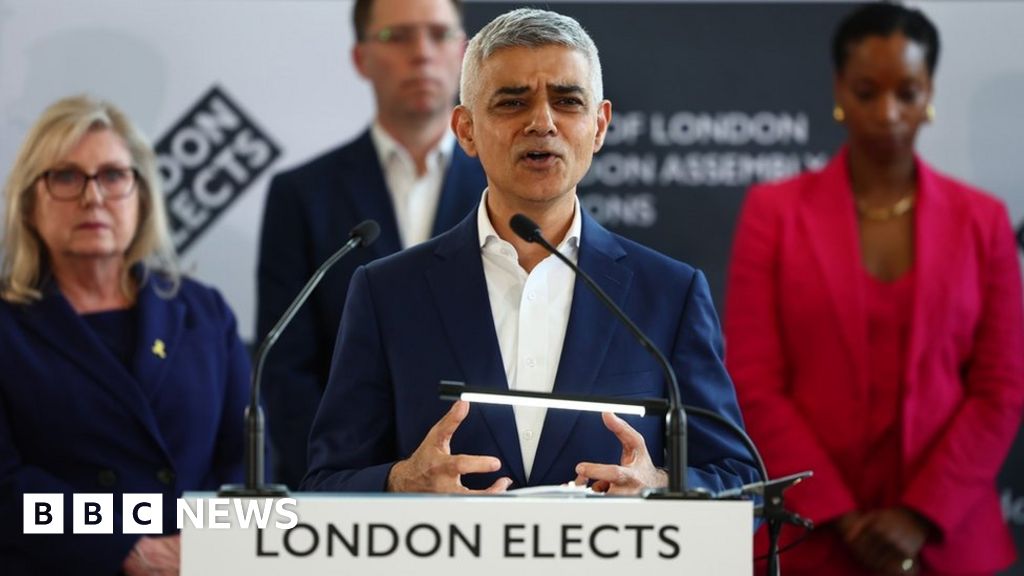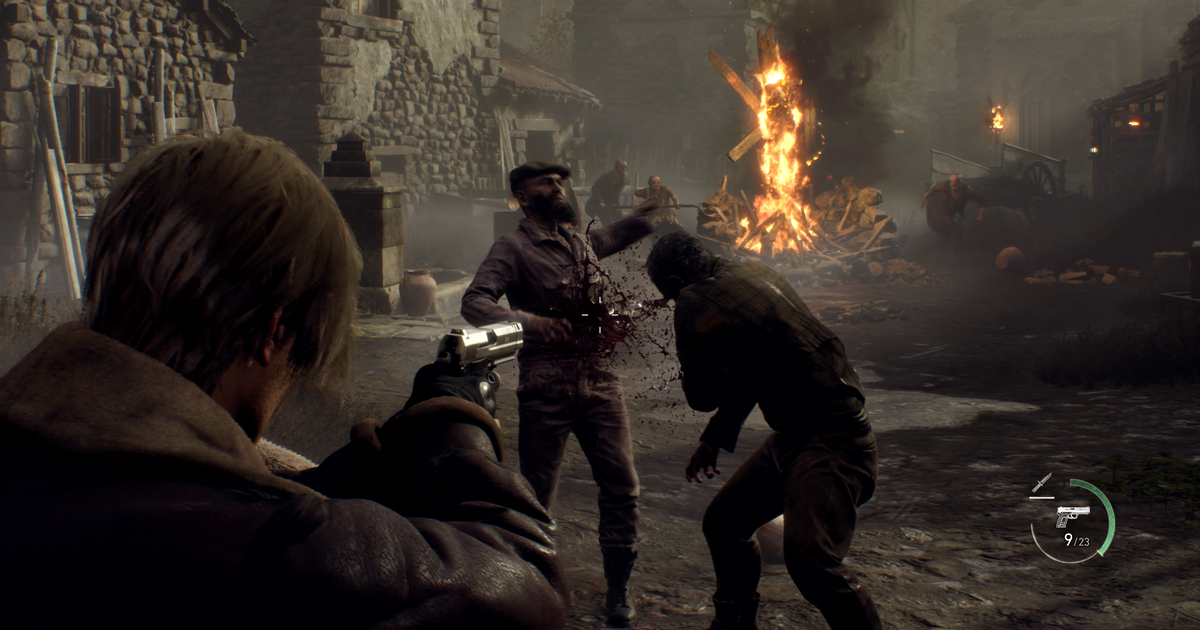For nearly half a year, it was the rivalry that could never happen. The wunderkind world No 1 against arguably the greatest player ever.
Then, like a river breaking through a dam, the summer brought a showdown every month; on clay, then grass, then on a hard court. A nifty gift of variety from the tennis gods. One of them, an epic five-set duel that lasted nearly five hours, even took place on the biggest stage in the game and transcended the sport, the buzz spreading across oceans as the drama built, an audience filled with people who rarely watch a tennis match keeping their eyes peeled to the screen.
And so it was fitting that there would be one last meeting this season between the king and the crown prince, in a final tournament where only the best of the best are allowed, on yet another surface, an indoor hard court. And the way this year has gone, it was also fitting that Novak Djokovic, at 36 years young, the world No 1, will head into 2024 with the clearest of edges over Carlos Alcaraz, the 20-year-old desperate to replace him.
Djokovic broke Alcaraz’s serve three times but more importantly broke his spirit, sending a usually ebullient talent into a racket-tossing tirade and a jawing session with his coach.
“He does bring the best out of me,” Djokovic said, likening the challenge of Alcaraz to his battles with Rafael Nadal and Roger Federer. “He makes me prepare for the match as best as I possibly can — that is where I would compare it to Federer and Nadal. I had to come up every time at the peak of my abilities to win against them.”
Playing in the fast, climate-controlled environment that almost always seems to bring out his best, Djokovic banged and finessed his way to a convincing straight-sets win, taking apart his budding rival in a kind of slow-motion strangulation 6-3, 6-2 at the ATP Finals — practically assuring that the irresistible narrative of this tale, and Alcaraz’s chase, will stay alive through 2024.
“I want to beat this guy. I want to be the best in history,” a distraught Alcaraz said after the loss. “It’s unbelievable what he’s doing, just breaking records, winning every tournament that he goes. It’s crazy.”
The most memorable of rivalries have the ability to describe a mini-era of the sport and the clashing styles of the day, evoking a tennis zeitgeist with two words and a hyphen: Evert-Navratilova; Sampras-Agassi; Federer-Nadal. They can take several years to marinate and reach their apotheosis, pulling in the new eyeballs that are the lifeblood of any sport along the way.
Because of their age difference, Djokovic and Alcaraz won’t have that luxury of time. All they have is now, bringing to their generational duels a fleeting, better-catch-it-while-it-lasts urgency.
They know that as well as anyone, occasionally even practising together, most recently in Paris last month. One star rising and already, in his best moments, taking the sport to new heights and playing a game with which no one is familiar. The other uses all the fingertip strength and body finesse of an expert rock climber scaling Half Dome to cling to his hold on the game that has obsessed him since childhood.
Djokovic, once a small boy growing up with bombs falling all around him in the war-torn Balkans, now has flecks of grey in his stubble. Alcaraz, the prodigy whose father was a pro and grandfather built a tennis club, has a jawline and cheeks still moving through adolescence.
Though he has his moments of aggression, Djokovic remains the ultimate tactician and counter-puncher; a finely tuned, if high-maintenance, Formula One race car. Alcaraz comes at the game from the other pole, learning to mix in nuance with his default modes of power and exuberance; a first-generation bullet train still prone to mishaps and breakdowns but capable of breaking speed records.
He grew up with a poster of Roger Federer on his bedroom wall. But last month he admitted to a kind of obsession with Djokovic, the 24-time Grand Slam winner, who wrestled the No 1 ranking back with his latest tactical and relentless assault on the top of the game.
After all these years, and all his earned superiority, Djokovic would never be so unguarded as to admit that any rival, much less one so much younger, would be renting space in his brain. But it did not require a doctorate in psychology to understand the meaning of his words at the French Open earlier this year, with Alcaraz one win away from their first match at a Grand Slam.
“That’s the match that a lot of people want to see,” he said. “Definitely a guy to beat here. I’m looking forward to that.”
Last year, as his career-long rivals retired (Federer) and faded (Nadal), Djokovic searched for his next source of motivation. There was the race for the most Grand Slam singles titles, but tennis players are hard-wired for combat with another human.
Djokovic had been unable to play the American hard court swing because of his decision not to get vaccinated against Covid-19. While he remained stuck at his homes in Europe, the world had fallen for Alcaraz, who bum-rushed the U.S. Open, winning his first Grand Slam title with a magnetic smile and joyful, gasp-inducing elan that aren’t in Djokovic’s wheelhouse.
Snuffing out someone else’s early fire, especially an exuberant teenage sensation whose career had been the steepest, fastest climb to the top the sport had ever seen… well, that was all the motivation he needed.
In his world, torches don’t get passed. They get yanked away.
Or they don’t.
Doomed by a loose forehand Saturday night and unable to find his timing with Djokovic taking the ball so early, Alcaraz and his highlight reel style proved no match for Djokovic, who has somehow taken his challenge and used it to produce some of the best tennis of his life.
Thursday evening, after a three-set win over Hubert Hurkacz that he had let become closer than it should have been, Djokovic knew there was a good chance his tour season was over. He’d won two of his first three round-robin matches but lost sets in each of his victories, pushing him to the brink of elimination. He needed Jannik Sinner, who had beaten him on Tuesday, to knock out Holger Rune to stay alive.
Annoyed at having lost control of his destiny, he said he planned to have dinner with his family, maybe go swimming in the hotel pool with the kids. He didn’t plan on watching the match. Mentally, he already appeared to be in his car on the way home to Monte Carlo, 100 miles to the south.
“I’m just thinking about hugging my kids at the moment,” he said.
Twenty hours later, Sinner had saved him, and a match with Alcaraz loomed. Djokovic and his death glare were back at the Pala Alpitour, powering through a torturous band workout with his trainer, Marco Panichi.
Family dinners and swimming appeared to be the furthest thing from his mind.
Heading into Saturday night, neither Alcaraz nor Djokovic had managed two straight wins against the other. Their first meeting, in Madrid in 2022, went to Alcaraz in a third-set tiebreaker and burned Djokovic for more than a year. Players are supposed to need several losses against him before adjusting to the uniqueness of the challenge he presents. Alcaraz figured it out in an afternoon.
They missed each other for another 13 months. Learning-process losses and injuries for Alcaraz. Missed tournaments because of vaccine requirements for Djokovic.
Then came Djokovic’s T.K.O. in the French Open semi-final. Alcaraz, then the world No 1, succumbed to stress-induced full-body cramps in his first moment of truth against an all-time great on a massive stage.
“Part of the learning curve,” Djokovic said. “It’s part of the experience. He’s only 20.”
Alcaraz promised it would never happen again and spent the next month doing relaxation exercises and talking through his fears with his coach, Juan Carlos Ferrero, who tried to get him to understand these moments as opportunities to show his greatness. A few points from a two-set deficit, Alcaraz turned a couple of Djokovic’s errors into a lifeline, then pulled the same trick two hours later in the deciding set, depriving Djokovic of an eighth Wimbledon title.
Advantage Carlitos — for five weeks, until Djokovic drew even on a sweaty night in Cincinnati, a four-hour battle that Jim Courier, the former world No 1 turned tennis commentator, has called the best three-set match he has ever seen.
Saturday night in Turin was far from that.
Djokovic ended Alcaraz’s season with a clinical beating that the Spaniard said would loom larger than all their duels during the off-season. It came with a handful of points in the second set, with Alcaraz battling for his life, running corner to corner to corner, then unleashing those rocketing forehands as he tried to grab an edge, only to have Djokovic chase enough of them down to snuff the hope out of him and puff his chest out and pose to the roars of the crowd. This is how it (almost) always is.
There’s always next year for Alcaraz. In a sport-defining rivalry like this one, that’s all that anyone wants.
(Top photo: Stefano Guidi/Getty Images)

Daniel Miller is a sports fanatic who lives and breathes athletics. His coverage spans from major league championships to local sports events, delivering up-to-the-minute updates and in-depth analysis for sports enthusiasts.








